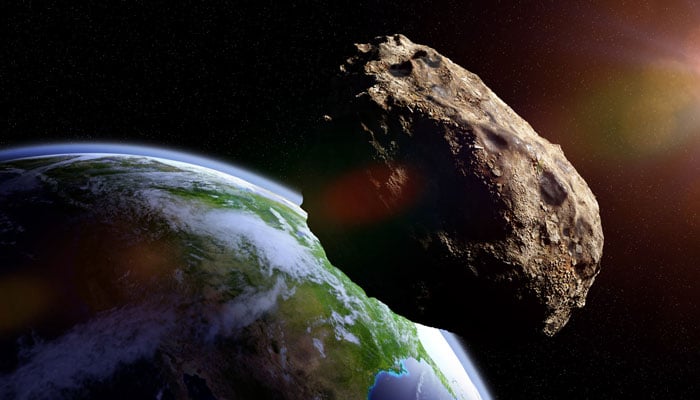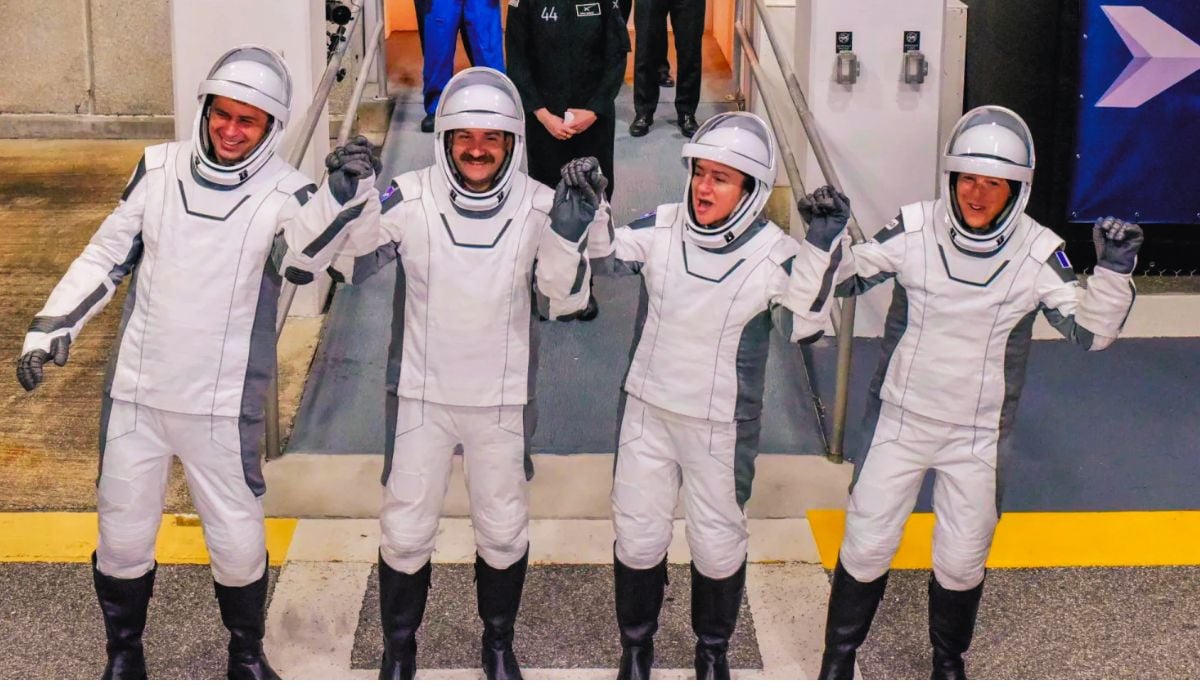Nasa's OSIRIS-APEx spacecraft set to study 'God of Chaos' asteroid
"God of Chaos" asteroid is predicted to pass Earth at distance of only 20,000 miles in 2029
OSIRIS-APEx, a Nasa spacecraft that recently returned from outer space, has been restarted with the goal of studying the "God of Chaos" asteroid approaching the Earth's orbit.
Nasa stated that the spacecraft OSIRIS-REx, which is now called OSIRIS-APEx, has been launched to analyse the asteroid Apophis's unprecedented close flyby of Earth in 2029. This type of event "hasn't happened since the dawn of recorded history."
After seven years of gathering samples from the space asteroid Bennu, the spacecraft returned to Earth in September.
On April 13, 2029, Apophis, popularly known as the "God of Chaos," is predicted to pass Earth at a distance of only 20,000 miles, which is closer than some artificial satellites. It is possible that Apophis will even be visible from the Eastern Hemisphere.
Only every 7,500 years does the roughly 370-yard-wide rock come this near to Earth.
The space rock will be impacted by the Earth's gravity as it approaches orbit, and OSIRIS-APEX will observe the resulting changes to observe "how its surface changes," as stated by project scientist Amy Simon.
It is anticipated that the asteroid's day, which is currently around 30.6 hours long, will change due to Earth's influence. It might also result in earthquakes and landslides for the "God of Chaos."
“We know that tidal forces and the accumulation of rubble pile material are foundational processes that could play a role in planet formation,” Dani Mendoza DellaGiustina, principal investigator for OSIRIS-APEX at the University of Arizona in Tucson, said in a statement.
-
Annular solar eclipse 2026: Where and how to watch ‘ring of fire’
-
Scientists discover rare form of 'magnets' that might surprise you
-
Humans may have 33 senses, not 5: New study challenges long-held science
-
Northern Lights: Calm conditions persist amid low space weather activity
-
SpaceX pivots from Mars plans to prioritize 2027 Moon landing
-
Dutch seismologist hints at 'surprise’ quake in coming days
-
SpaceX cleared for NASA Crew-12 launch after Falcon 9 review
-
Is dark matter real? New theory proposes it could be gravity behaving strangely












